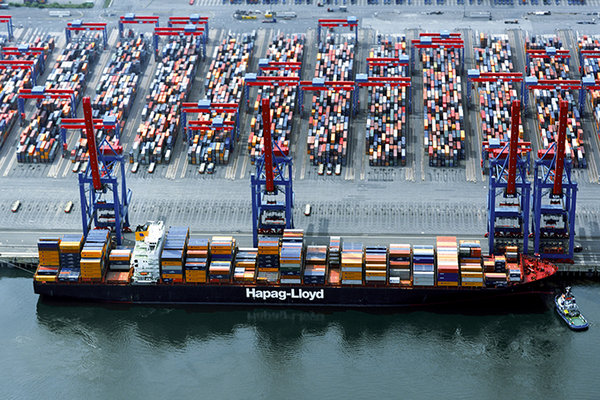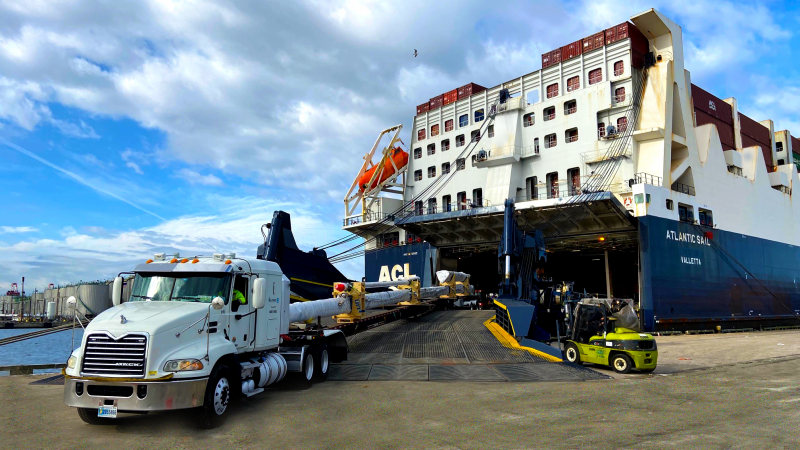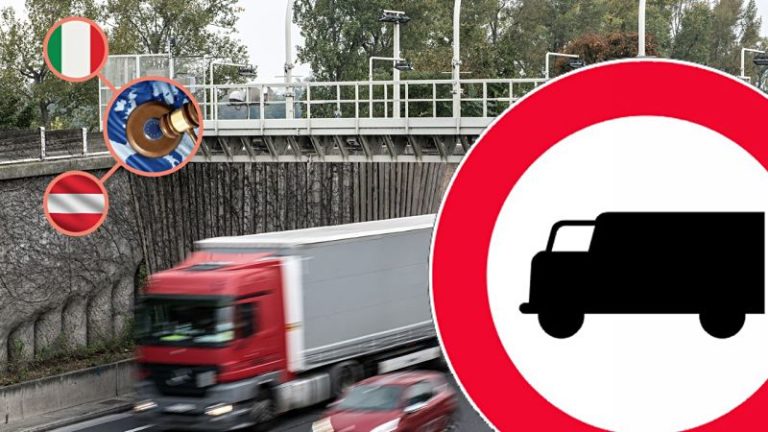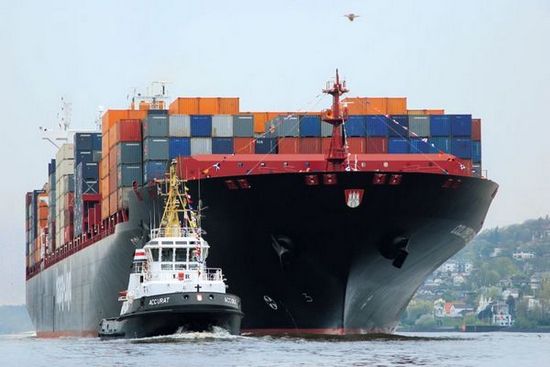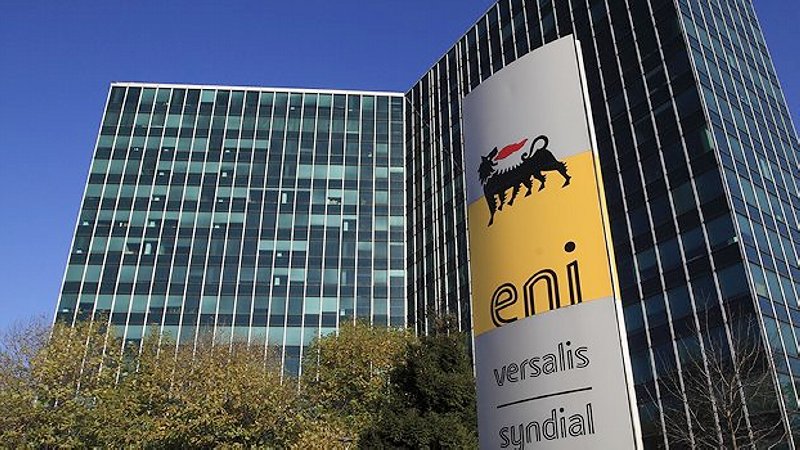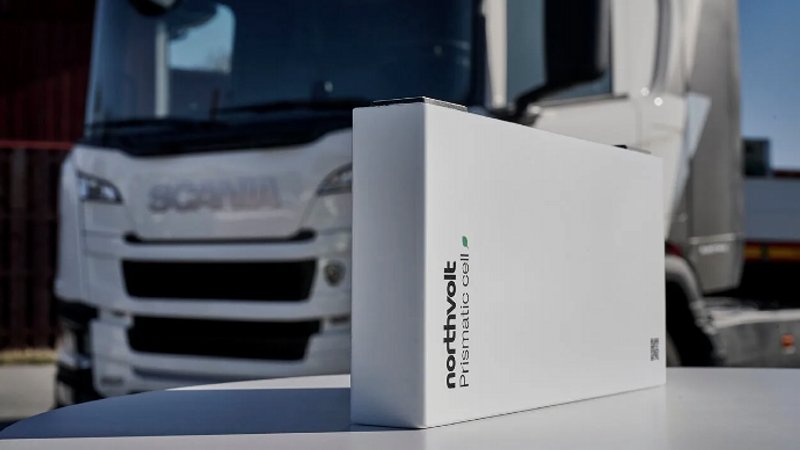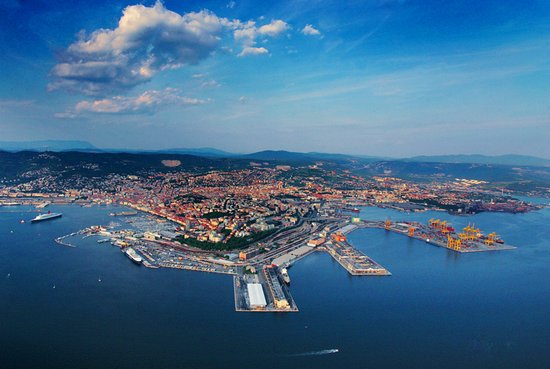Hearings began on Monday, April 8, 2024, for the complaint filed by the European Commission against Austria's restrictions on the passage of industrial vehicles along the Brenner axis. A decision from Brussels is expected by mid-May. In the meantime, Vienna has issued further travel bans for vehicles with a total mass exceeding 7.5 tons (excluding certain types of goods).
Vehicles headed to Italy or needing to cross Italy to reach their final destination on the A12 and A13 highways will face travel bans from 11:00 AM to 2:00 AM on April 25, 2024, and every Saturday from July 6 to August 31, from 7:00 AM to 3:00 PM. In the opposite direction (heading to Germany) on the same highways, the same Saturday bans will apply, plus an additional ban on October 3 from midnight to 10:00 PM. The Saturday bans will also be in effect on the A4 highway from Schwechat to the Hungarian border and on certain roads in Tyrol and Salzburg.
The situation is heating up on the Italian side of the Brenner Pass, where, on April 8, Coldiretti deployed a demonstration involving ten thousand people, supported by the Police. Officers conducted inspections of the cargo of industrial vehicles entering Italy, aiming to uncover agricultural products falsely labeled as Italian but produced abroad.
In a statement, Coldiretti reported that the police found, among other things, Danish pork legs destined for Modena, Indian grapes sent to Novara, South African fruit from Moldova headed for Sicily, egg-based industrial preparations made in Poland expected in Verona, and a load of wheat without traceability. However, the association did not specify whether any of these shipments were irregular.
"Coldiretti had warned that today at the Brenner we would not encounter incoming trucks carrying agri-food products as we had in past years," stated Coldiretti President Ettore Prandini. "Unfortunately, reality proved quite the opposite. Too many foreign products become 'Italian' by crossing our borders. This is no longer acceptable for all products. We demand fair transparency regarding the information that should be provided to citizens; hence, the need for a mandatory European-level origin marking. Then, it's up to the citizens to make informed purchasing decisions."


